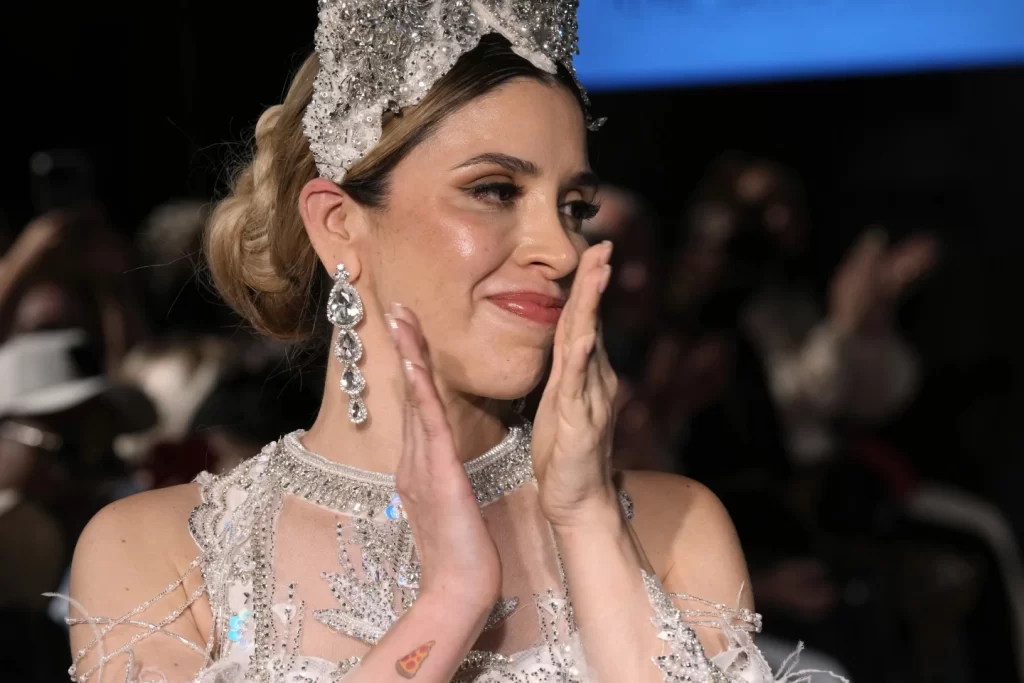Mariel Colón, a 31-year-old lawyer who gained notoriety as part of Joaquín “El Chapo” Guzmán’s defense team, has pivoted to a music career, leveraging her association with the infamous drug lord to make waves in the regional Mexican music scene.

Colón, now performing under the stage name “Mariel La Abogada” (Mariel, the Lawyer), recently released a music video titled “La Señora,” featuring Emma Coronel, Guzmán’s wife. The video, which has garnered around 750,000 views on YouTube, showcases Colón and Coronel in lavish settings, a stark contrast to Coronel’s recent past.
“(My work) opens doors for me because of the morbid, because of people’s curiosity,” Colón told The Associated Press. “They want to understand this. I’ve always told people that Mariel is a singer who became a lawyer.”

The Puerto Rican-born Colón began working for Guzmán’s defense team in 2018 after responding to a Craigslist ad seeking a part-time paralegal. She continues to visit Guzmán three times a month in the Colorado maximum-security prison where he is serving a life sentence.
Colón’s musical endeavors coincide with a surge in popularity for regional Mexican music, which has seen a 400% growth worldwide on Spotify over the last five years. However, her association with Guzmán and the narco-culture has raised eyebrows and sparked debate about the glorification of drug traffickers in music.

Rafael Saldívar, a researcher at the Autonomous University of Baja California, notes that narco culture has long been a part of corridos, a traditional Mexican musical style. “They’re cultural expressions speaking to the realities of the country,” Saldívar said. “But in a way they glorify these criminals, or do so in a way where some feel it’s pushing this kind of lifestyle.”
The controversy surrounding Colón’s music career extended to the fashion world when she and Coronel modeled during a side event at Milan Fashion Week. The National Fashion Chamber in Italy issued an “urgent” press release distancing official fashion week events from the show, emphasizing the need for brands to follow its code of ethics.

Colón defends her music and association with Guzmán, stating, “There’s a reason why Netflix did the ‘Narcos’ show, it’s because there’s an audience for it. It intrigues people. That doesn’t mean they’re applauding or celebrating what this person did, but they do have a sort of admiration for this person or this person’s life.”



